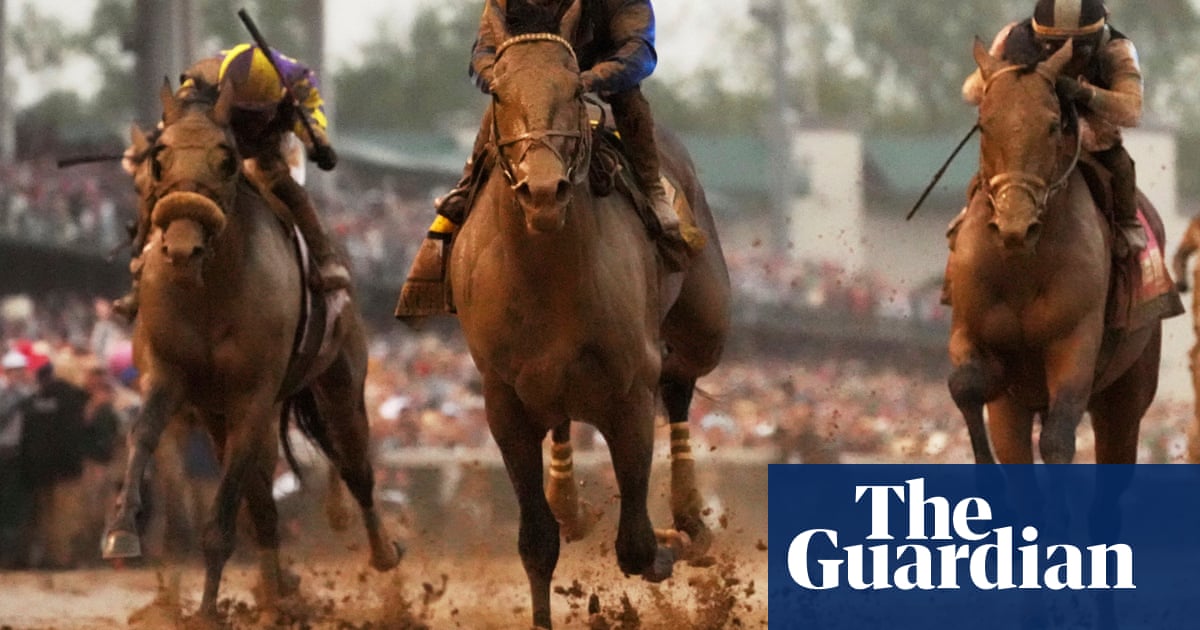The article centers around the controversy involving jockey Junior Alvarado, who is facing penalties for overusing his whip during the Kentucky Derby. This incident raises questions about the integrity of horse racing regulations and the treatment of animals in sports, while also highlighting the jockey's perspective on the fairness of the penalties imposed.
Underlying Intent of the Report
The news aims to draw attention to the ongoing debate regarding the use of whips in horse racing, particularly in the context of animal welfare. By covering Alvarado's denial of abuse and his intention to appeal the decision, the article presents a narrative that may sway public opinion in favor of the jockey, emphasizing the perceived harshness of the penalties in relation to the offense.
Public Perception and Sentiment
This piece is likely intended to evoke sympathy for Alvarado and challenge the authority of the Horseracing Integrity and Safety Authority (HISA). The quotes from Alvarado suggest a defiance against what he considers an unfair judgment, which could resonate with horse racing enthusiasts who may share similar concerns about strict regulations that they believe do not account for the nuances of racing dynamics.
Potential Omissions or Hidden Agendas
There is a possibility that the article glosses over a broader context regarding the growing scrutiny of animal welfare in sports, which could lead to stricter regulations in the future. While Alvarado's perspective is highlighted, the article may downplay the implications of his actions and the potential harm to horses, thereby skewing the conversation towards his appeal rather than the welfare of the animals involved.
Manipulative Elements and Reliability
The narrative could be seen as somewhat manipulative, as it frames Alvarado's perspective without delving into the regulations' rationale or the reasons behind them. The language used aims to evoke an emotional response, which may detract from the objective analysis of the situation. However, the article presents factual information regarding the penalties, making it reliable in terms of content.
Comparison with Other News
In relation to other news surrounding horse racing scandals or animal welfare issues, this story may fit into a larger pattern of highlighting individual cases of perceived injustice within the sport. It could connect with ongoing discussions about the need for reform in racing practices, which are increasingly being scrutinized by the public and advocacy groups.
Broader Implications
The fallout from this incident could influence public sentiment towards horse racing, potentially leading to calls for stricter regulations and changes in how jockeys are trained regarding whip use. Economically, if public perception shifts negatively, it may impact attendance and betting on races, affecting the industry at large.
Target Audience
The report likely appeals to animal welfare advocates, horse racing fans, and those interested in sports ethics. By focusing on the jockey's personal struggle, it aims to engage readers who care about fairness and justice in sports.
Market Impact
This news might not have a direct impact on stock markets, but industries associated with horse racing, such as betting companies or horse breeding, could feel the effects if public sentiment shifts against the sport.
Geopolitical Context
While this incident primarily concerns the U.S. horse racing scene, it reflects broader trends in how societies are increasingly prioritizing animal welfare, which could resonate internationally.
Use of AI in Reporting
The writing style suggests that AI might have been used to ensure clarity and coherence, but there are no overt signs of manipulation in the content itself. AI language models could assist in structuring the article or providing suggestions for phrasing, but the human touch remains evident in the emotional appeal of Alvarado’s quotes.
In conclusion, while the article does provide factual reporting on Junior Alvarado's situation and the penalties he faces, the framing of the story leans towards eliciting sympathy for the jockey, potentially obscuring the broader implications of animal welfare in horse racing.
